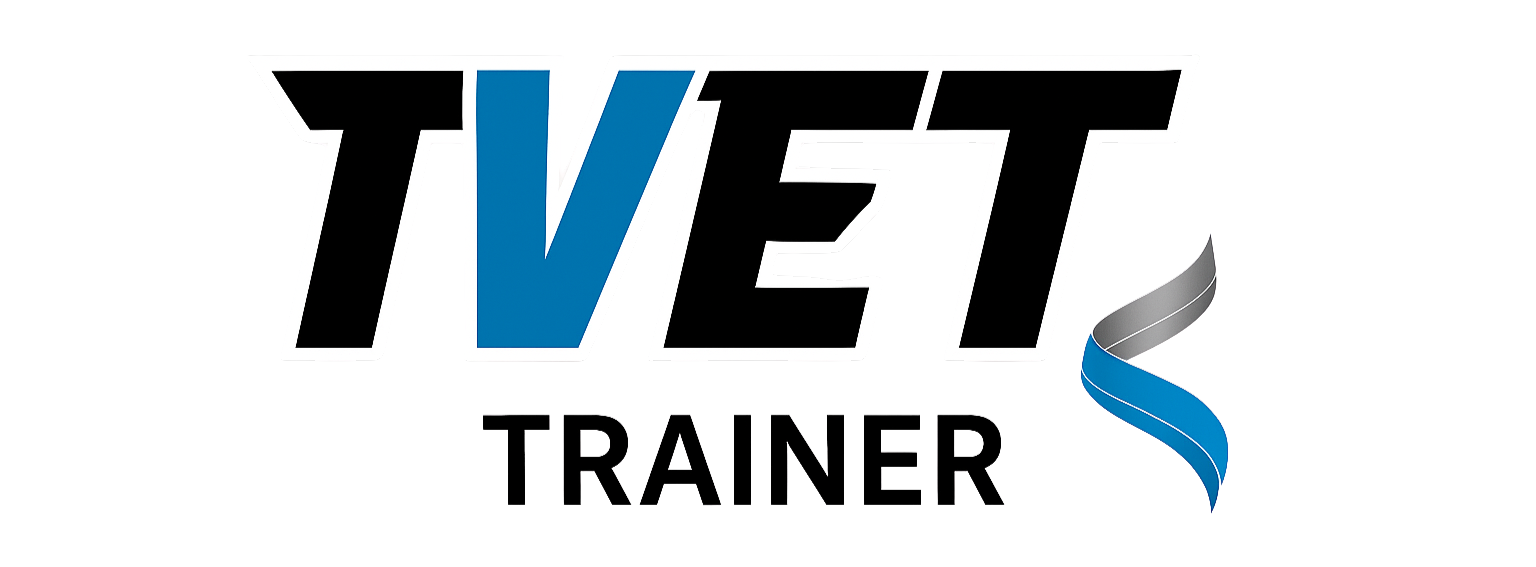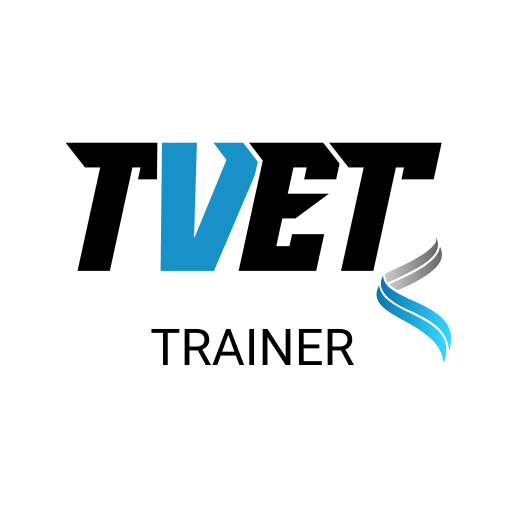Tracing TVET: From Apprenticeship to National Systems
This article traces the historical development of Technical and Vocational Education and Training (TVET), highlighting key shifts from informal apprenticeships and factory-era specialisation to coherent national frameworks, knowledge-economy innovation, and lifelong reskilling.
– 5 min read







